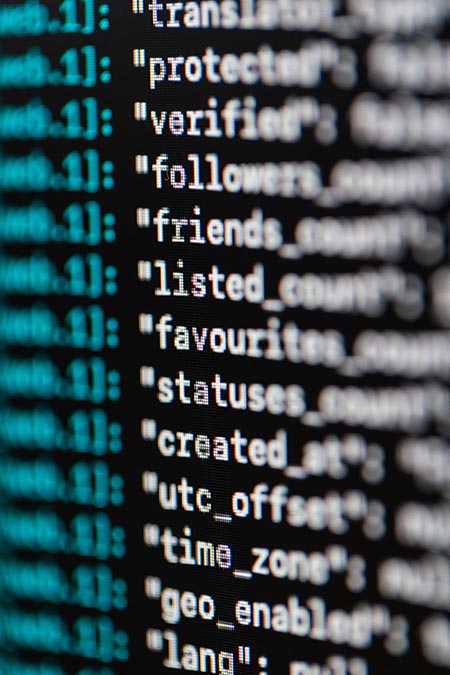“Is this link safe?” - What Happens When You Click On An Unsafe Link?
The internet is a treasure trove of opportunities and exciting information that is always present at the drop of a hat. But the internet can be a tricky place as well. There are many faces behind the screen who don't really want the best for you. They want your information, your identity, and your cash at the expense of, well, yourself.
Is this link safe or not? Do you ask yourself this particular question when you click on any link that shows up in front of you? You, as a user, need to be aware of all the consequences that can follow up as nasty security issues when you unassumingly click on a link presented.
Is this link safe or not?
Keep the question "Is this link safe?" in the back of your mind when you visit any online link. It doesn't matter if it is sent to you by a close friend, an acquaintance, or a stranger (more reason to say no) - clicking a link without knowing where it leads to is not recommended.
The web can become a massive trap for unwary and unsuspecting users, as clicking on links without first verifying their authenticity can have serious consequences. Even the knowledgeable are not an exception.
Cybercriminals can make a trap look harmless and attack your device by infecting it with potentially harmful malware, which can cost you as a user dearly. They do their best to make the falsified look as genuine as the original so that more users can be trapped and hunted down for their benefit. These dangerous links can be found in emails, social media, and even text messages at any time!
Malware is considered to be one of the most expensive cyberattacks on companies because it costs them millions in losses. To help protect your devices and finances from such savagery, you should always double-check to ensure the link is safe.

What happens when you click on an unsafe link?
Wondering if this link is safe? Before we proceed to answer the above query, it is best to acquaint yourself with the terms below.
Keylogging
Also known as keystroke logging or keyboard capturing, is a computer program that records the action of each keystroke made by you on your computer in an inconspicuous manner so that you don't realize that your actions are being monitored. Data is thereby obtained by the person operating the logging program. Since it is done covertly, it is misused to gain fraudulent access to passwords and other private information. In short, the program records every single thing you type.
Ransomware
It is a type of malicious software that prevents you from accessing the files on your device by infecting it and not letting it run unless you've paid a certain amount of money to unlock it.
Phishing
When attackers send fraudulent messages or malicious emails designed to trick people into falling for a scam and disclosing sensitive information to the attacker, it is called "phishing." Generally, the attacker's aim is to get users to divulge their financial information, essential credentials, and other sensitive data or information.
So, what happens?
Cybercriminals create links to infect your devices with viruses and malware. Unsafe links can infect your device with malware such as ransomware and keyloggers. Through the above-defined terms, a hacker can infiltrate your system and cause a menace to your digital system. On the chance that the link you clicked on is unsafe, it can lead to a phishing attack or the installation of harmful malware on your device.
- If it is a phishing attack, the hacker will instantly receive fundamental data you keep on yourself, like your location, device statistics, and any information you have willingly provided. When malware gets installed on your device, it can infect it and collect confidential information for the attacker.

- Cybercriminals can exploit the entirety of your network and contacts for their own malicious purposes. Once you have clicked on an unsafe link, they can direct the same unsafe links through your contact list further expounding the phishing emails and chain of malware.
Access to your computer: Exploited
- The worst of all cases is when they obtain remote access to your computer. Access to your computer's camera and microphone can be easily hacked through the installation of malware and other viruses.
- Hackers can encrypt private files on your device and demand a ransom in return for their password.
- Passwords for valuable accounts, email addresses, and the details of your credit card can be easily made available through keylogging.
- Hackers can harm not just your financial credentials but your identity as well. Moreover, they can use their access to post defamatory posts on your social media or use your accounts for other criminal activities.
This is why you should double-check the URL to see if the link is safe or not.
Conclusion
Fortunately, for the sake of your safety, we have the perfect (safe and secure) link to provide you with the safety that you and your devices need. The link in response to your question, "Is this link safe or not?" is provided below.





